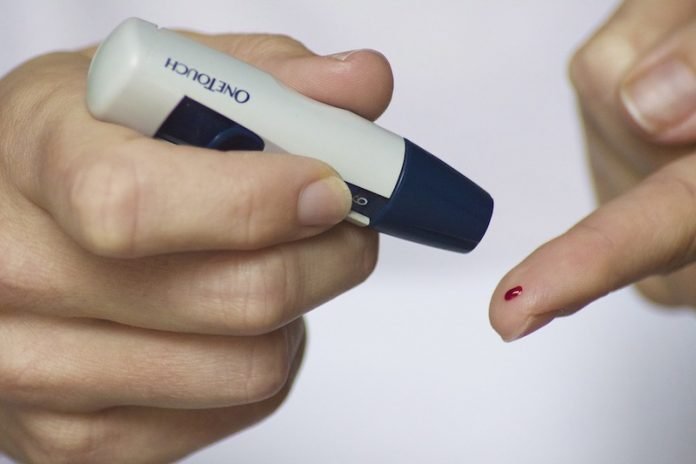
In a new study, researchers have identified a protein that may contribute to the progression of Alzheimer’s disease pathology in type-2 diabetes.
The finding could have implications for future drug development.
The research was conducted by a team from the University of Illinois at Chicago.
More than 95% of the Alzheimer’s patients have the sporadic late-onset form. But the cause of sporadic, late-onset Alzheimer’s disease is unknown.
Patients with type-2 diabetes have a considerably higher incidence of cognitive decline and AD compared to the general population.
This may provide a clue to its origin.
In the new study, the team examined the relationship between diabetes and Alzheimer’s disease in male mice and human brain tissue.
They found that a protein called caveolin-1 (Cav-1) is depleted in the temporal lobe of humans with diabetes and in a diabetic mouse model.
Depletion of Cav-1 causes the upregulation of amyloid precursor protein and b-amyloid levels.
Importantly, the team showed that restoring Cav-1 levels in mice reduced Alzheimer’s pathology and improved learning and memory deficits.
This finding reveals a potential mechanism responsible for the increased risk of Alzheimer’s disease.
It may help develop a new treatment for brain disease.
The lead author of the study is Jacqueline A. Bonds, Department of Anatomy and Cell Biology.
The study is published in the Journal of Neuroscience.
Copyright © 2019 Knowridge Science Report. All rights reserved.



